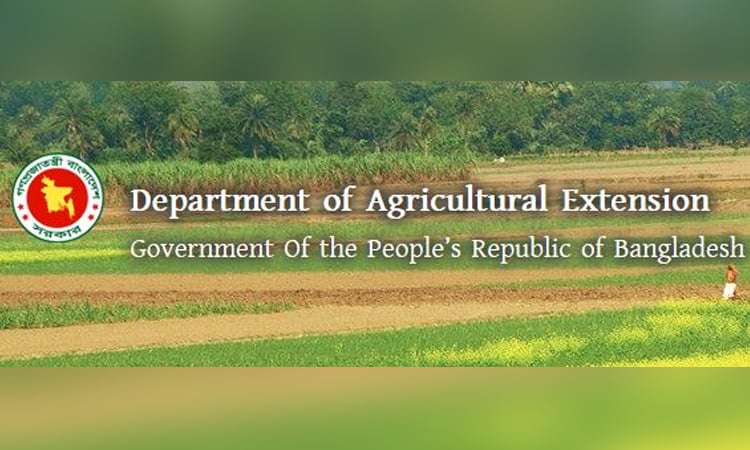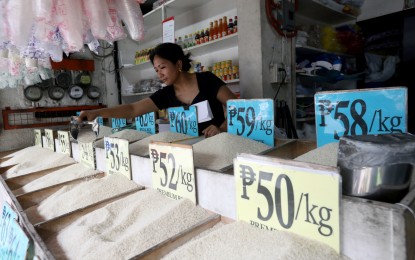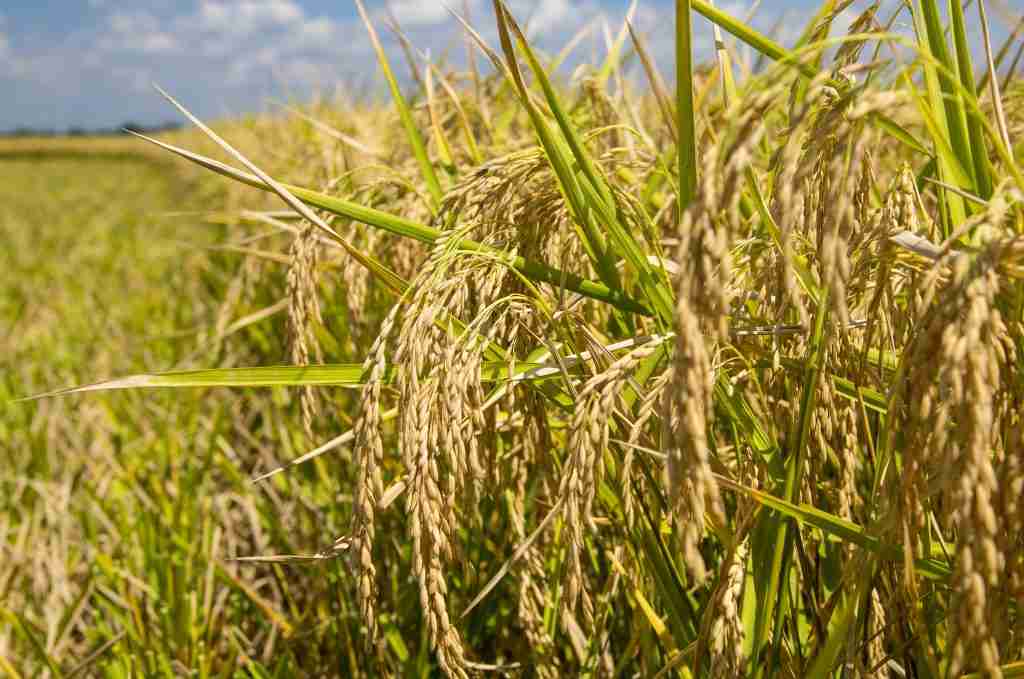Tags
Farmers get 46 new rice varieties in last 5 years
Visakhapatnam: Andhra Pradesh farmers have seen significant improvements in their rice yields and resilience thanks to the introduction of 46 innovative rice varieties over the past five years (2020-2024).
These high-yielding hybrids, developed primarily by the state’s agricultural research stations under the Indian Council of Agricultural Research (ICAR), are designed to thrive in diverse climates and withstand both biotic and abiotic stresses.
These high-yielding hybrids, developed primarily by the state’s agricultural research stations under the Indian Council of Agricultural Research (ICAR), are designed to thrive in diverse climates and withstand both biotic and abiotic stresses.

One of the most pressing challenges facing rice cultivation in Andhra Pradesh is bacterial blight, caused by the pathogen Xanthomonas oryzae pv. oryzae. This disease can severely damage fine-grain varieties like Samba Mahsuri. To combat this, researchers have developed DRR Dhan 53, a variety equipped with major bacterial blight resistance genes, offering both high yield potential and durability against this destructive pathogen.
Water availability is another major constraint for rice farmers in AP, due to dwindling water resources and erratic monsoon patterns.
As a coastal state, the region isprone to cyclones and droughts, further exacerbating challenges for farmers. To address these issues, Indian Council of Agricultural Research researchers have developed rice varieties suitable for growing under water-limiting conditions and those that can withstand flooding for extended periods. For example, CR Dhan 804 is a variety well-suited for drought-prone rainfed or irrigated shallow lowland conditions. With a maturity time of 115-120 days, it is resistant to blast and moderately resistant to brown spot, bacterial leaf blight, sheath rot disease, sheath blight, and rice tungro disease. Similarly, MTU 1232 is a variety designed for flood-prone ecosystems.
A team of researchers from the department of genetics and plant breeding, Acharya N G Ranga Agricultural University (ANGRAU), Guntur and department of biotechnology, ICAR National Institute for Plant Biotechnology, Delhi conducted a study on MTU 1232.
“This high-yielding flood-tolerant variety, possessing the Sub1A gene, can tolerate both flash floods and stagnant flooding without lodging. MTU 1232 can withstand flash floods for 10-14 days and stagnant flooding up to 30-50 cm deep for more than a month, under both transplanted and direct seeding methods of rice cultivation,” said the researchers, including Girijarani M, Satyanarayana P.V., Venkata Ramana Rao P, Suryanarayana Y, Singh N.K, Kondayya K, Kasturi T, Ravi Kumar B.N.V.S.R, Chamundeswari N, Srinivas T, and Suneetha Y.
“Submergence of crops at different growth stages can significantly limit rice productivity. The combination of flash floods and stagnant flooding, often caused by cyclonic rains, can lead to lodging and submergence, resulting in substantial economic losses. According to the researchers, the development of flood-tolerant rice varieties is essential for ensuring climate resilience in flood-prone areas. The MTU Rice 1232 ranked first by the best linear unbiased prediction (BLUP) based ranking parameters and 4th based on stability parameters ranking. This flood-tolerant rice variety can tolerate both flash floods and stagnant flooding and possesses an 80% survival rate. It has a yield potential of 3792 Kg ha-1 under severe floods and 6000 Kg ha-1 under normal conditions,” they added.
https://timesofindia.indiatimes.com/city/visakhapatnam/significant-improvements-in-rice-yields-for-andhra-pradesh-farmers/articleshow/112789781.cmsPublished Date: August 26, 2024






